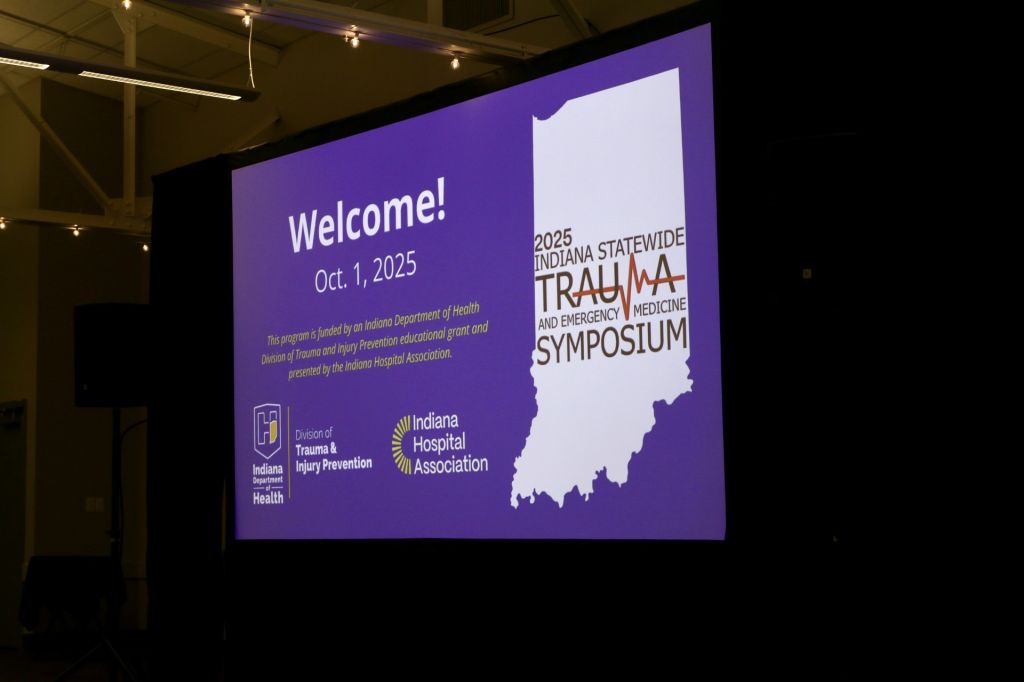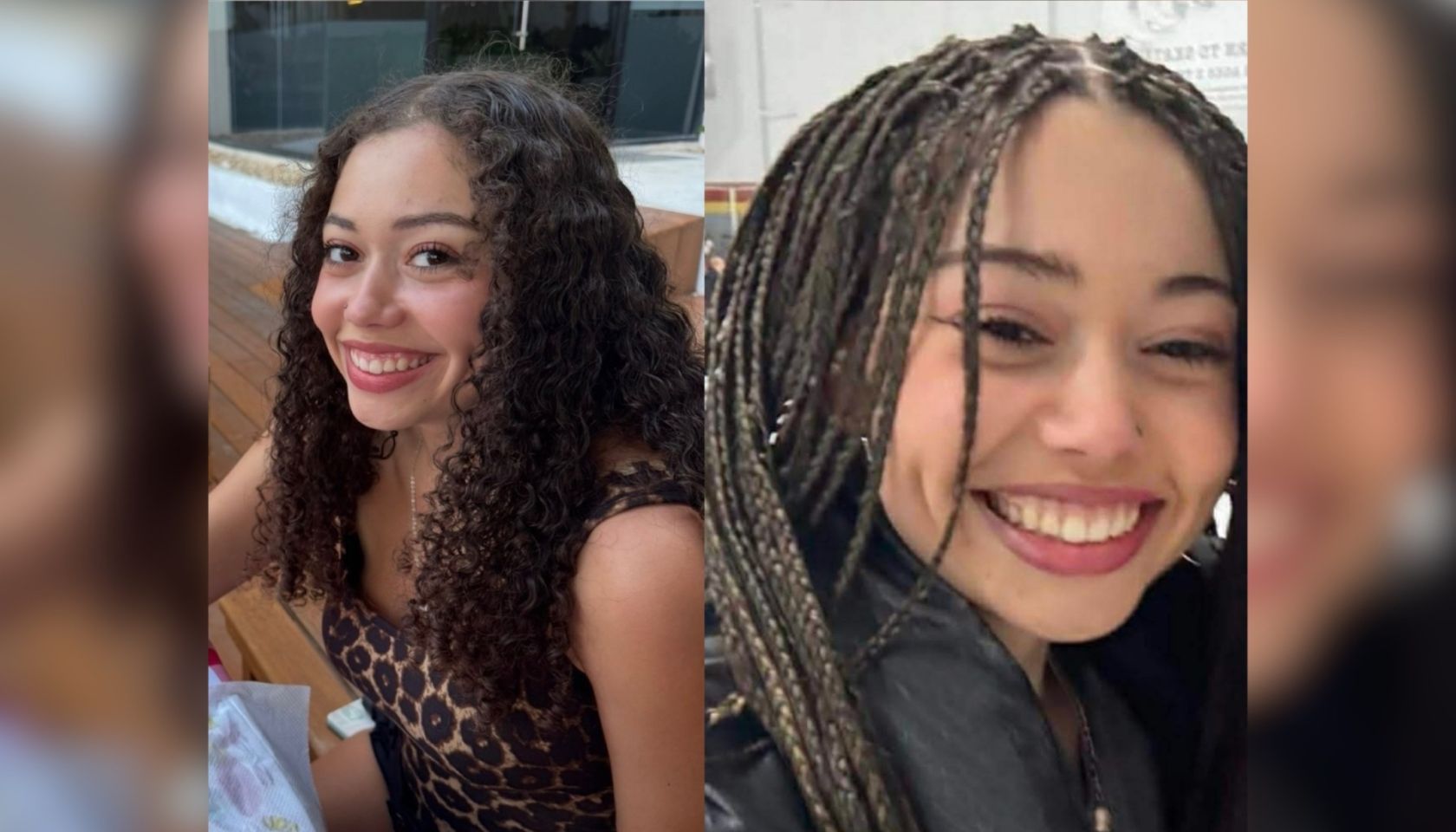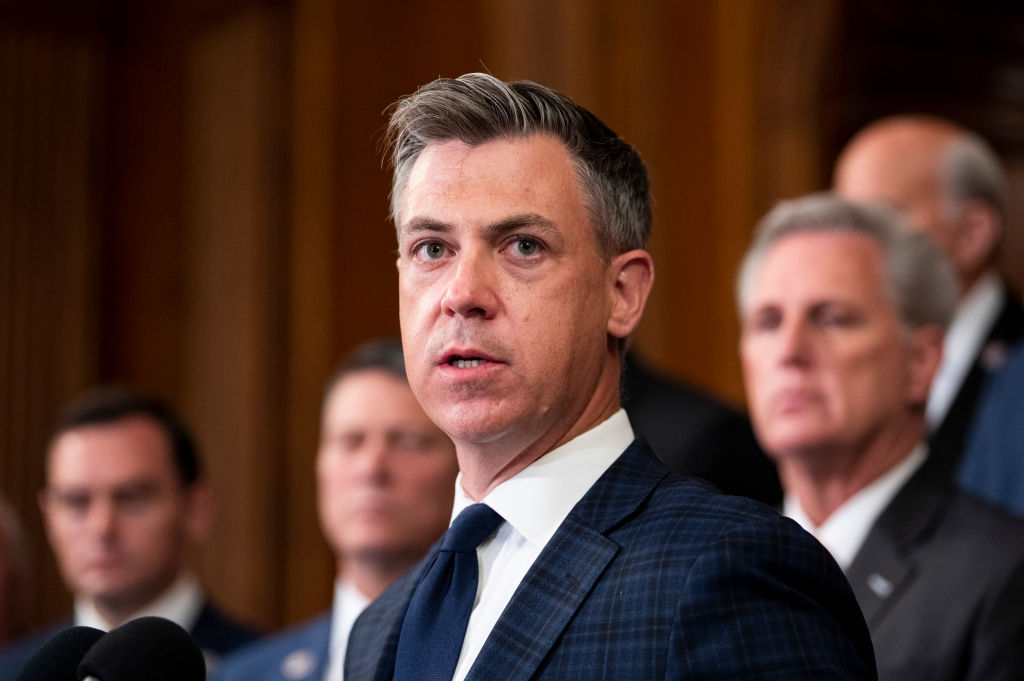“No Longer Rare”: State Health Leaders Discuss Mass Casualty Incidents

BLOOMINGTON, Ind. — Top healthcare leaders, emergency responders, and public health officials from across the state converged last week at the Monroe Convention Center for the Indiana Hospital Association’s (IHA) 2nd Annual Indiana Trauma and Emergency Medicine Symposium.
The event, titled “Mass Casualty Incidents — Are You Prepared?”, served as a critical forum for strengthening Indiana’s readiness for large-scale emergencies, drawing on lessons learned from real-world crises both nationally and statewide. The program was funded by an educational grant from the Indiana Department of Health Division of Trauma and Injury Prevention.
The Urgent Need for Preparedness
The urgency of the symposium’s theme was a major point of discussion, especially following recent mass casualty incidents that have occurred across Indiana and the U.S.
Madeline Wilson, IHA Trauma System Development Manager, who led the effort, emphasized that large-scale crises are no longer rare.
“Although Indiana excels in many areas of trauma care, the reality today is that mass casualty events, they’re no longer rare. We do have some more work to get ready,” Wilson said. “National and state subject matter experts with these real lived experiences presented to all of our partners sitting in the room.”
Wilson, a registered nurse and EMT with a background in health policy, explained that the event was a direct result of the 2024 State Trauma Plan, which recognized the need to bring together all facets of emergency care.
“We had EMS, nurses, doctors, Homeland Security, the National Guard, healthcare coalitions, all attend from all across the state to learn a little bit about what’s going on in the trauma world right now, especially with the emphasis on mass casualty incidents,” Wilson stated.
The definition of a mass casualty incident, she noted, extends beyond active shooter situations or terrorist attacks. “When you think of mass casualty, a lot of times people think more of maybe it’s related to a gun situation or some big event… but it extends even to significant weather events that we have,” she said.
Collaboration and System Strengthening
The symposium focused on hands-on team building and identifying weak points in the state’s trauma system.
“Together, attendees began working as teams to troubleshoot, identify areas of opportunity, and strengthen our system so we can deliver the best possible care to Hoosiers who experience these tragic events,” Wilson explained.
A key concern discussed was “white space,” areas where it could take up to 45 minutes for an injured person to reach a trauma center. “We have several pockets of what we call white space where if someone were to be injured, it would take 45 minutes for them to get to a trauma center for care. That’s concerning. We have to be ready to take care of Hoosiers in these areas and in these pockets,” Wilson commented.
The two-day event featured an array of experts, including remarks from Dr. Lindsay Weaver, Indiana State Health Commissioner, and a breakout session with former United States Surgeon General, Dr. Jerome Adams.
Caring for the Caregivers
The focus on mental health was a critical component, with an all-day workshop dedicated to the well-being of emergency responders.
“We need to care for the caregivers too because people see bad things out there on the street,” Wilson said. “You have to continue to work and see more bad things. How can we keep our caregivers healthy? We incorporated an all-day workshop on day two just specifically for that.”
The event was open to anyone in the industry, including “the boots on the ground people,” such as firefighters and emergency medical technicians, alongside hospital CEOs, nursing directors, and trauma surgeons.
Wilson expressed optimism about the future of trauma care in Indiana, crediting state funding with the ability to provide enhanced education to an estimated 1,200 EMS and hospital staff members over the past year.
“We just hope that we continue to get this funding year after year to keep developing our program and moving our state up to the top for emergency care because I believe we can get there,” she concluded.
About Indiana Hospital Association (IHA)The Indiana Hospital Association serves as the professional trade association for more than 170 acute care, critical access, behavioral health, and other specialized hospitals in Indiana. IHA is dedicated to improving quality, patient safety, and Hoosiers’ health status.
Listen to the full audio interview HERE.















